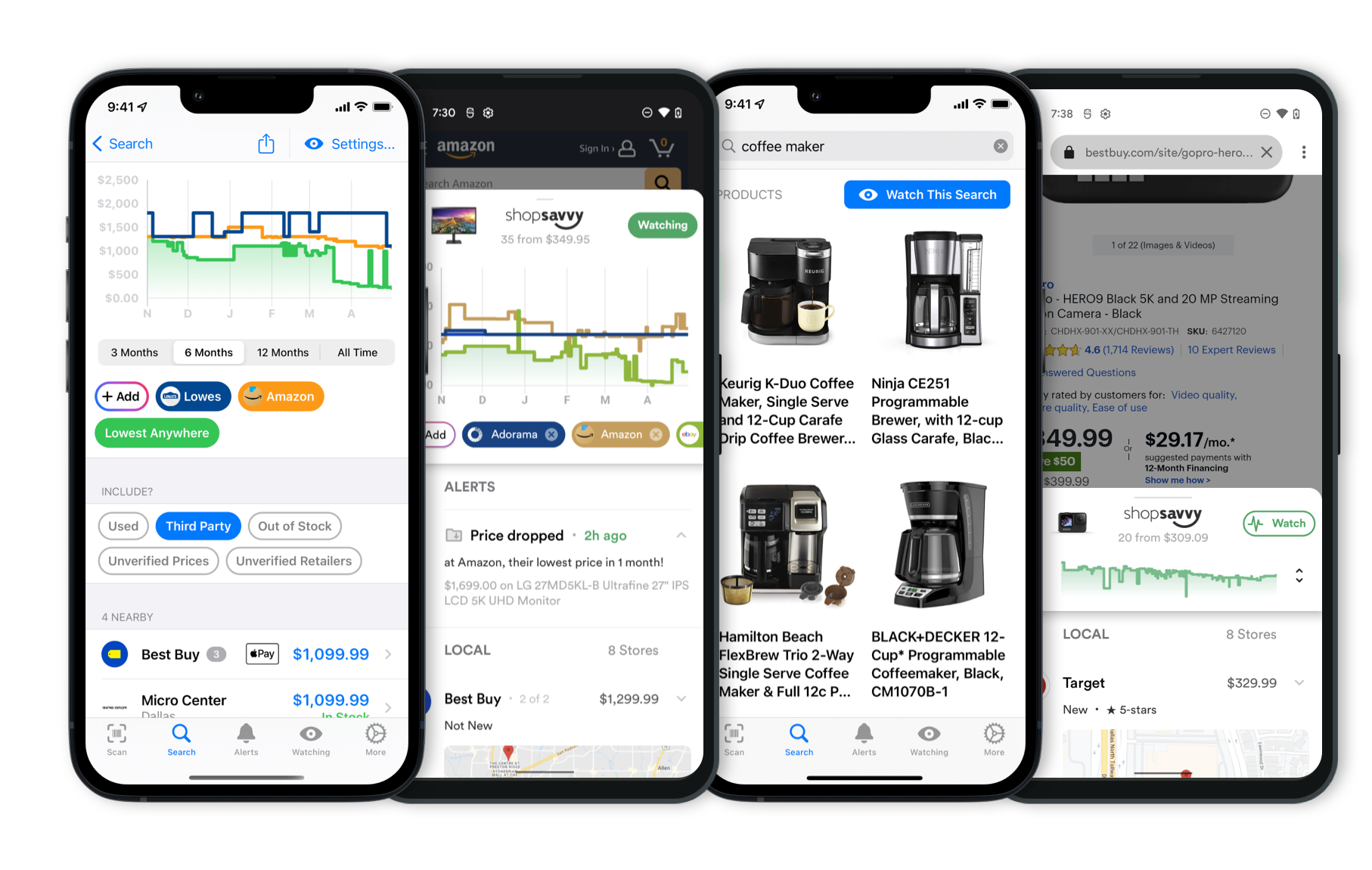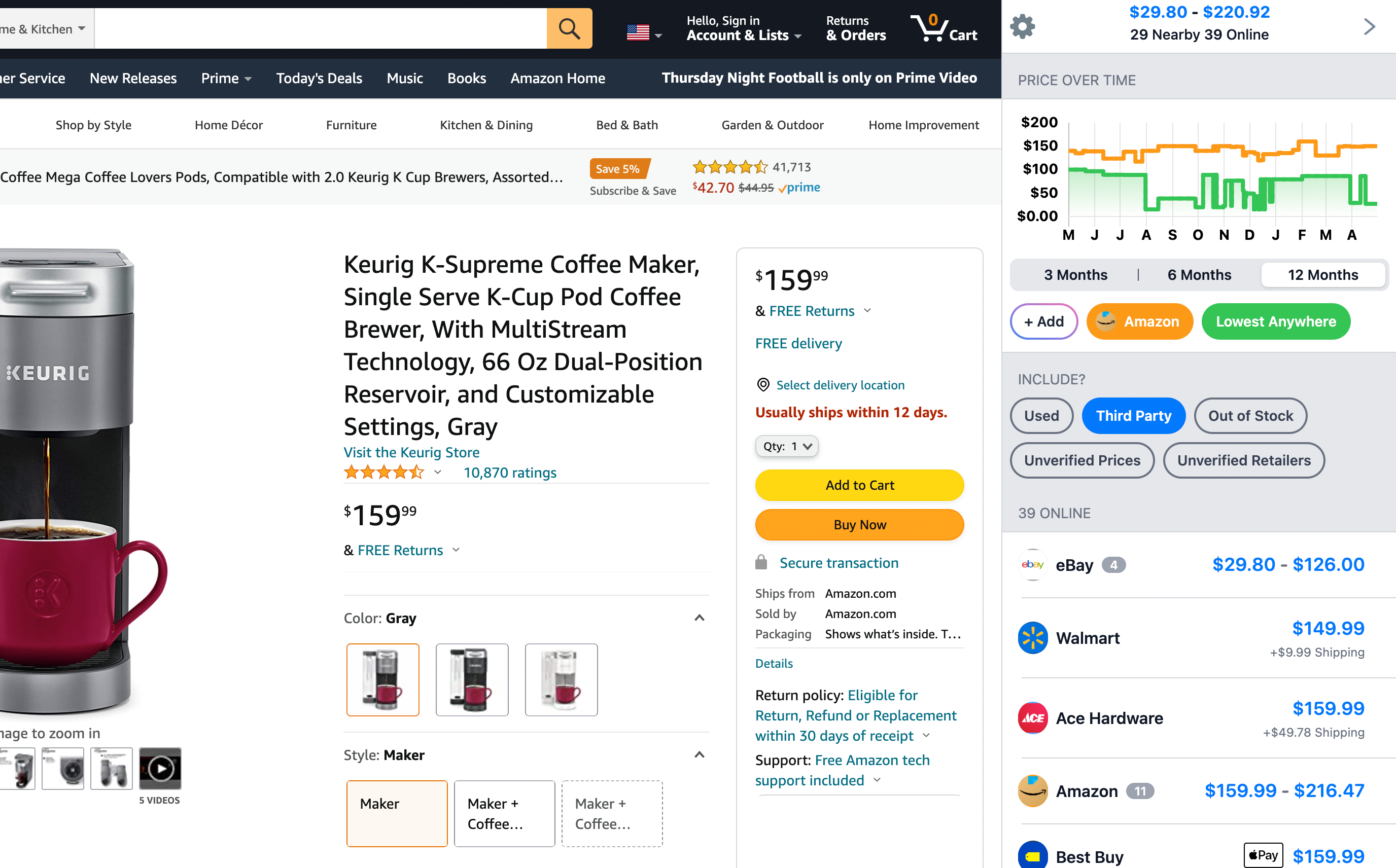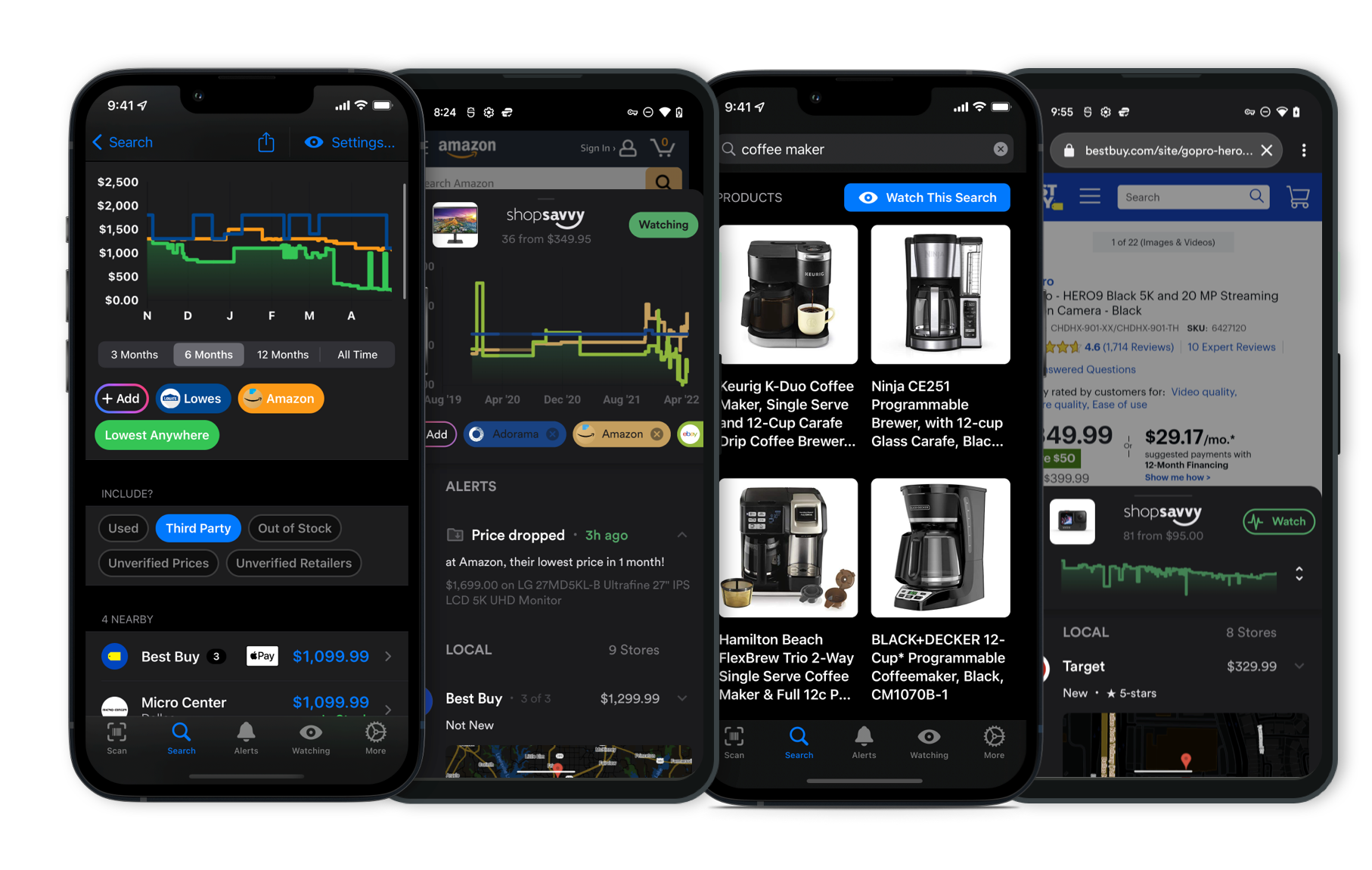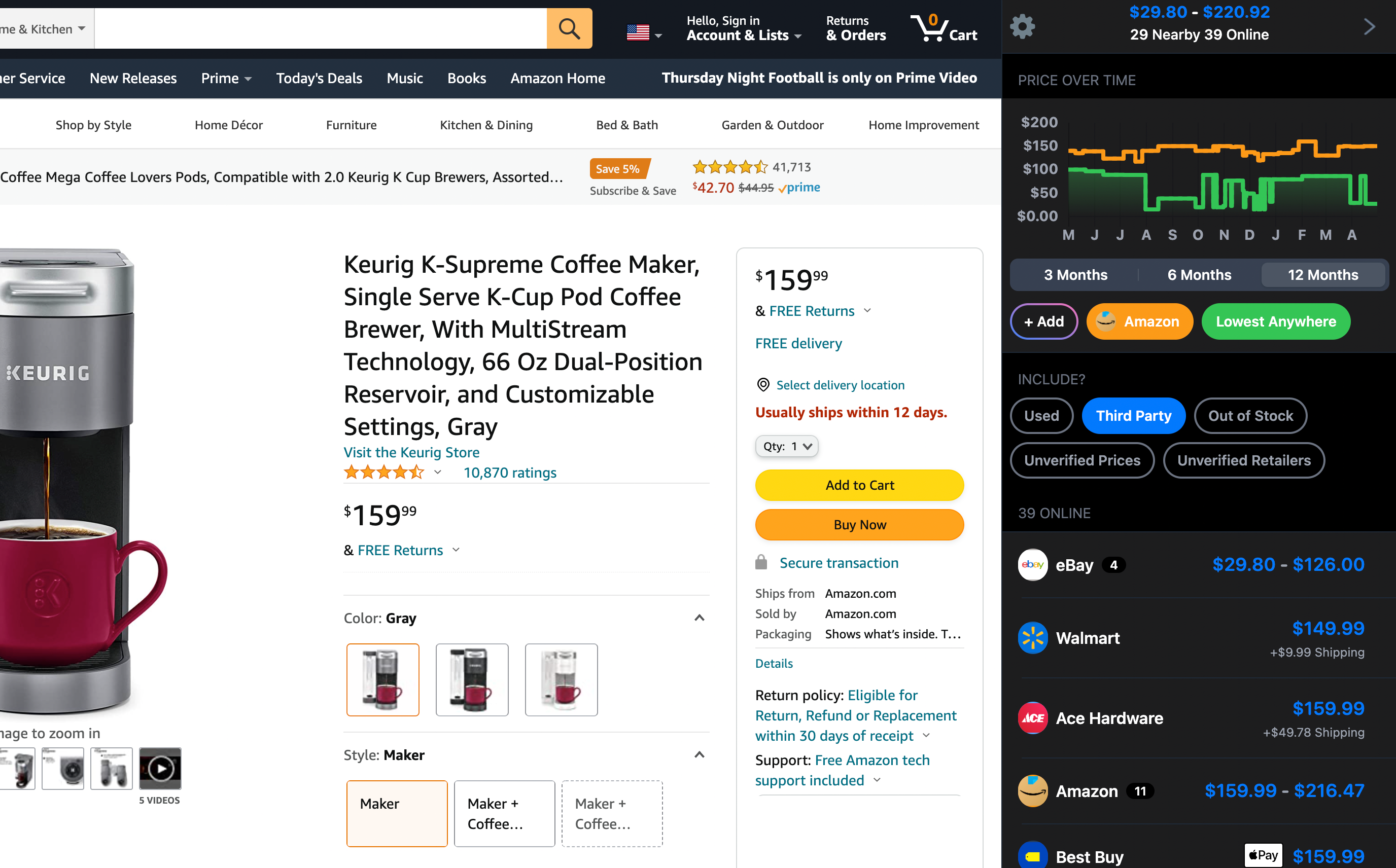
The step counting on the Fitbit Inspire 2 is generally pretty reliable, but just like any fitness tracker, its accuracy can be influenced by a few different things. From our research, most folks find it does a good job at counting steps, as long as you're wearing it correctly.
The Inspire 2 uses an accelerometer to track your movements, but keep in mind that it might log steps if you're moving your arm a lot without actually walking, like when you're typing or gesturing. On the flip side, if you're doing something where your arms aren't swinging as much—like pushing a shopping cart—you might see a slightly lower step count.
To get the best results, it's recommended to wear the tracker on your non-dominant wrist. This seems to help with minimizing those little inaccuracies.
While this model doesn't have built-in GPS, it can connect to your phone's GPS through Bluetooth, letting you map routes and track distances when you're out for a run or a bike ride. Most people find this pretty handy, though if the Bluetooth connection isn't strong or if it doesn't sync right up with the phone, there can be some hiccups.
So overall, the Inspire 2 is a solid choice for tracking steps. Just be aware of its quirks and limitations, which is pretty standard with most fitness trackers.
Where to Buy
Considering the Fitbit Inspire 2 Tracker?
Here's our "TLDR" Review
 Download ShopSavvy App
Download ShopSavvy AppCompare prices for anything in real-time, set price alerts, watch for deals by keyword, and much more
 Install ShopSavvy Browser Extension
Install ShopSavvy Browser ExtensionCompare and track prices automatically while you shop online at thousands of websites.
More Answers
If you're still curious about the Fitbit Inspire 2 Tracker, here are some other answers you might find interesting:
Yep, the Fitbit Inspire 2 is water-resistant, so you can wear it while showering or swimming without any issues. The manufacturer says it’s good up to 50 meters deep, which is pretty handy for swimming or other water activities.
Now, something to keep in mind: it doesn't have a built-in GPS. Instead, it uses your phone's GPS to track routes when you're running or biking. This means you'd need to have your phone with you, connected through Bluetooth, to get accurate location tracking.
Our research suggests that when not synced with a phone, it might not track as accurately and sometimes mistakes activities like car rides for steps.
Even with that limitation, people still like the Inspire 2 because it does a good job with basic tracking—like heart rate and activity—plus it has a solid battery life. It's definitely a solid option if you don't need built-in GPS.
But if having GPS on your wrist is super important, you might want to check out something like the Fitbit Charge 5 instead.
So, if you’re okay with carrying your phone for GPS and want an affordable tracker with a bunch of cool features and decent sleep tracking, the Inspire 2 might really fit the bill. It’s all about what fits best with your routine and what you find important!
Yep, the Fitbit Inspire 2 can track your sleep! From our research, it seems pretty good at that too. It can monitor different sleep stages like light, deep, and REM, which helps give you a better picture of how you're sleeping overall.
Plus, it has this feature called Sleep Score that gives you a nightly rundown of your sleep quality. The Inspire 2 uses heart rate tracking to figure out your sleep cycle, giving some detailed insights. According to our research, people often find this super useful for spotting patterns and tweaking their routines to get better rest.
Interestingly, the Silent Alarm is quite popular among users—it wakes you up with a gentle vibration, which can be a nice way to start the day without waking up others around you. And the Smart Wake feature aims to rouse you during lighter sleep stages, which could make mornings feel a bit less harsh.
Some folks mentioned it takes a couple of nights to get used to wearing it while sleeping, but they often find it becomes a key part of their routine. Another plus is how easily the sleep data syncs with the Fitbit app, where you can dig into detailed charts and see your progress over time.
Oh, and the battery life is a bonus! It usually lasts up to 10 days on one charge, so you won’t have to worry much about missing out on tracking because of frequent charging.
If sleep tracking’s important to you, the Inspire 2 seems to be a solid choice according to what we've found.
So, the Fitbit Inspire 2 doesn't have built-in GPS. Instead, it uses something called 'connected GPS.' Basically, you need to pair it with your phone. When you go for a run or a bike ride, your phone's GPS does the heavy lifting, and the Fitbit app will show you your pace and distance.
Even without built-in GPS, it's packed with other useful features, especially for the price. According to the manufacturer's description, it includes 24/7 heart rate monitoring, sleep tracking, and guided breathing sessions.
Our research indicates that many people appreciate its lightweight design and how easy it is to use. It's pretty reliable day-to-day. Just keep in mind, if you want to track your routes, you'll need to bring your phone along for the ride.
So, if you're after a fitness tracker that covers the basics really well and you're okay with using your phone for GPS, the Inspire 2 is definitely worth considering.
But if you prefer something with built-in GPS so you can leave your phone at home, maybe check out some of Fitbit's other models like the Charge 5 or the Versa series.
Explore Content
Footer 1
Published
Subscribe for Updates
Get the latest news, and updates on ShopSavvy. You'll be glad you did!










